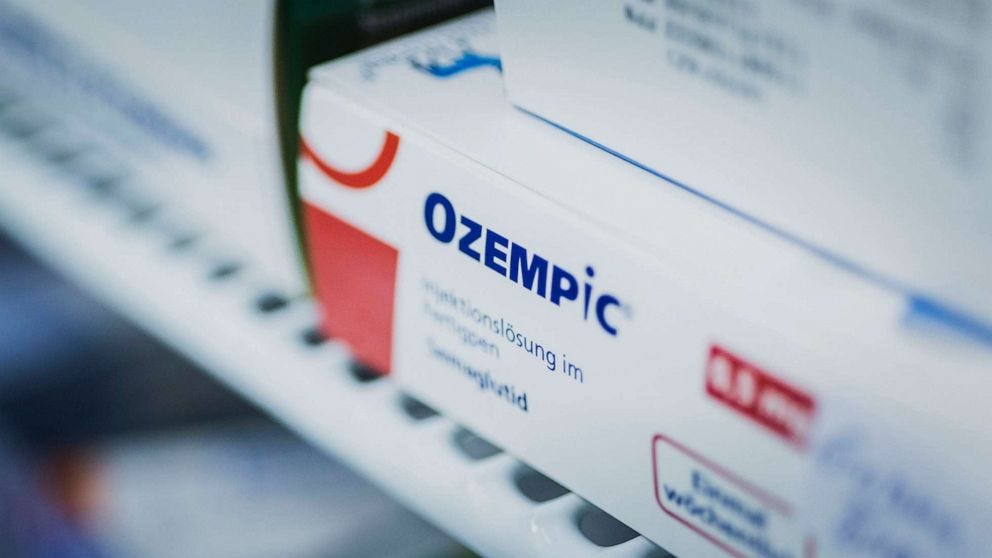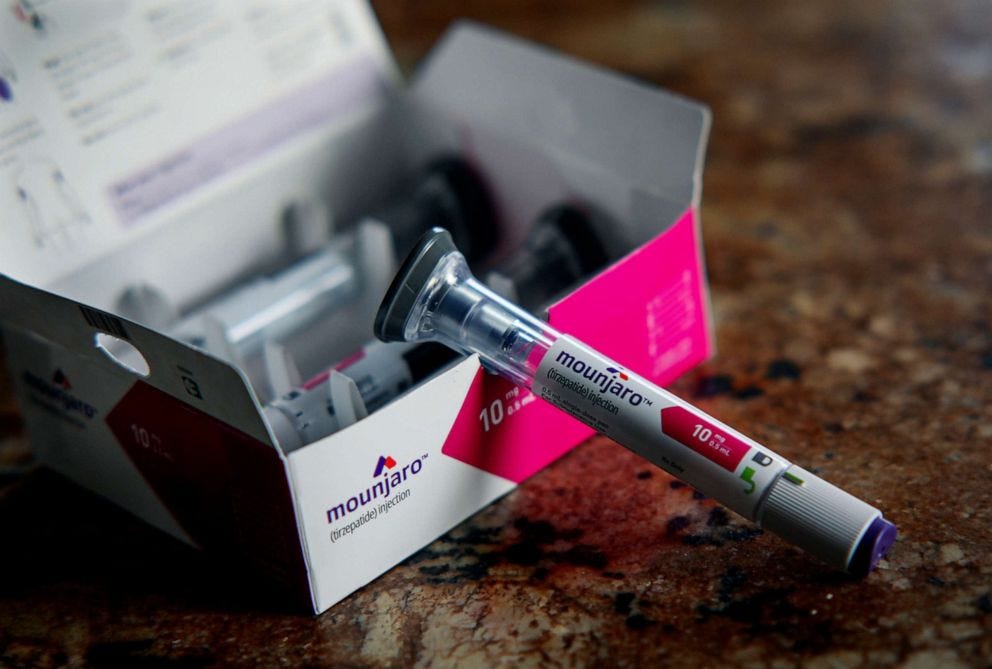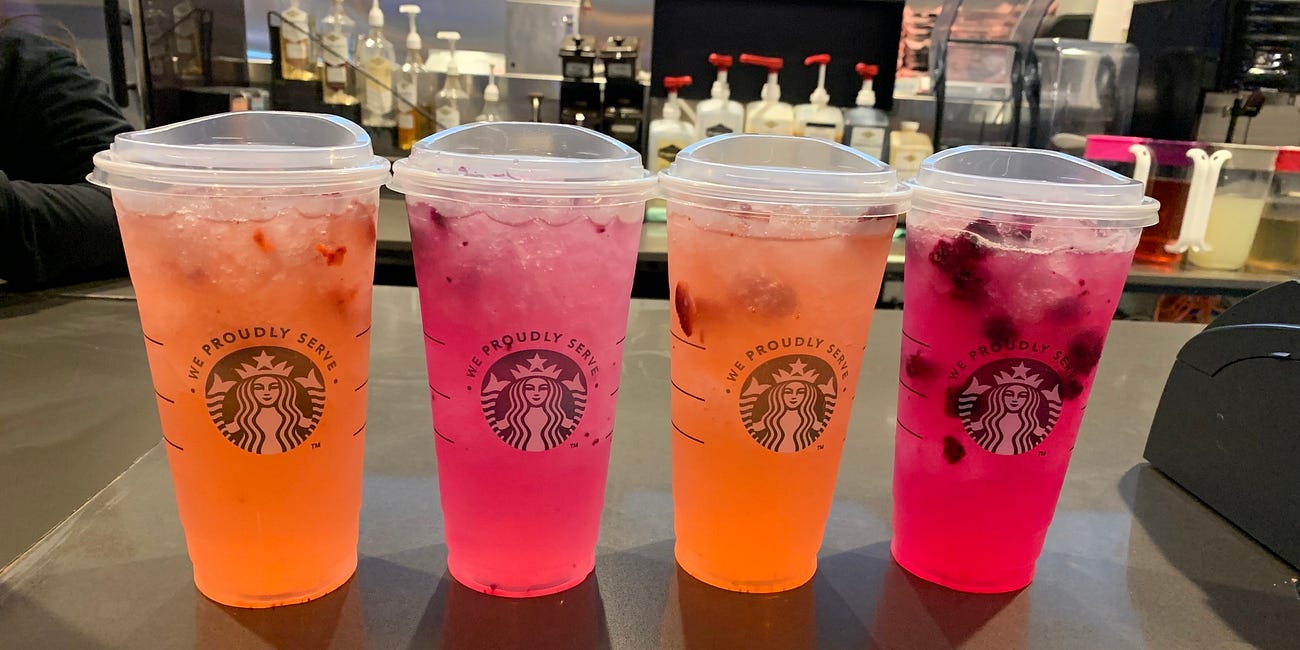💪🏼 Ozempic & Co! The Weight Loss Sensations Where Some Users Are Getting More Than They Bargained For
From Soaring Popularity to Legal Battles: How These Weight Loss Drugs Are Impacting Both the Healthcare Industry and Social Media Trends
Keep your face to the sunshine and you cannot see a shadow.
Ozempic is a drug that's used to treat type 2 diabetes and obesity. But recently, it's become increasingly popular as an off-label weight loss drug. This has led to a shortage of the drug, which is having a negative impact on people who rely on it to manage their condition.
So, what's the deal with Ozempic? Why is it so popular? And why is there a shortage?
According to a report by NBC News, Ozempic has soared in popularity as a weight loss aid. This popularity has led to a shortage of the drug, impacting those who rely on it to manage Type 2 diabetes.
Ozempic, also known as semaglutide, is used for weight loss at a higher dose and sold under the brand name Wegovy. Shortages of Wegovy were widespread last year, leading some people to be prescribed Ozempic off-label for weight loss. This has caused problems for individuals like Tammie Rachell Largent-Phillips of Florida, who has been documenting her experience on TikTok.
Novo Nordisk, the company that manufactures both Ozempic and Wegovy, has acknowledged supply issues that will last through the month, and patients in some regions of the U.S. will experience delays in getting their medication.
The pharmaceutical world is abuzz with a new lawsuit targeting the makers of popular weight loss drugs Ozempic and Mounjaro. The suit alleges that these drugs can lead to a severe condition known as gastroparesis or "stomach paralysis." This blog post delves into the details of the lawsuit, the drugs involved, and the potential implications for both consumers and the pharmaceutical industry.
Personal injury law firm Morgan & Morgan has filed a lawsuit against Novo Nordisk and Eli Lilly and Co., the manufacturers of Ozempic and Mounjaro. The suit accuses the companies of downplaying the severity of gastrointestinal events resulting from the use of these drugs.
The case is led by attorneys Paul Pennock and Jonathan Sedgh and focuses on Jaclyn Bjorklund, who took both drugs as prescribed by her doctor. She alleges that the medications caused her to develop gastroparesis, leading to multiple emergency room visits and even the loss of teeth.
Morgan & Morgan has received 500 similar inquiries from clients across 45 states, indicating a potentially widespread issue. Some of the injuries may be permanent, and the lawsuit aims to hold the companies accountable for their alleged failure to warn patients about the risks.
Ozempic and Mounjaro are designed for people with Type 2 diabetes but have become widely used as weight loss drugs. They work by mimicking a natural hormone, GLP-1, which slows down food passage through the stomach. However, if the drugs slow down the stomach too much, it can lead to gastroparesis.

The FDA has received reports of gastroparesis but has not officially determined whether the condition was caused by the weight-loss drugs or another condition. Novo Nordisk acknowledged the gastrointestinal side effects but claimed they are typically mild to moderate.
The lawsuit against the makers of Ozempic and Mounjaro raises serious questions about the safety and long-term effects of these popular weight loss drugs. It highlights the importance of proper warnings and transparent communication between pharmaceutical companies and consumers. As the legal battle unfolds, it will be crucial to monitor the outcomes and potential implications for the healthcare industry.
Starbucks in Hot Water Over "Fruitless" Refresher Drinks: A Legal Battle Brews
We're reader-supported and only partner with Attorneys and brands we trust. When you buy through links on our site we may receive a small commission at no extra cost to you. We are born at a given moment, in a given place and, like vintage years of wine, we have the qualities of the year and of the season of which we are born. Astrology does not lay clai…
Mom quits her corporate job, now works just 5 hours a week and earns over $120,000!
This Week is Packed with Incredible Tales of Business, Finance, and AI Successes: Moms, You'll Love This! Earning Passive Income: The Inspiring Journey of a Mom **Mom says goodbye to her job, now works just 5 hours a week and brings home $120,000 annually!**







